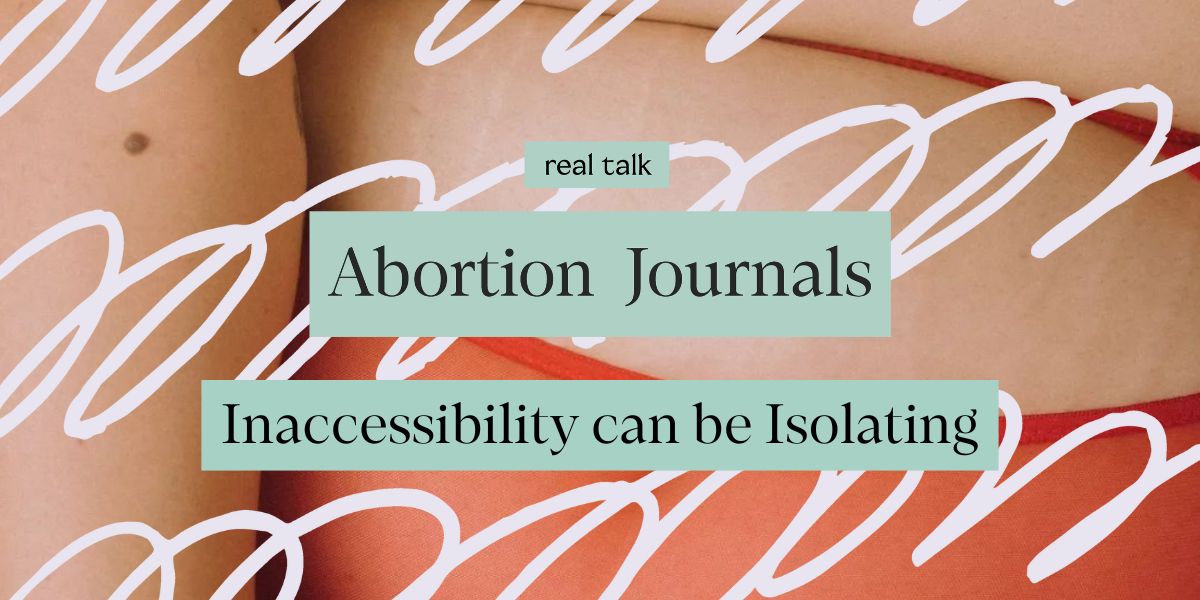Which emergency contraception is right for me?

If you’ve had unprotected sex or your usual method of birth control failed, there are ways to prevent pregnancy. Commonly known as emergency contraception, these types of contraceptives can include various types of morning-after pills and the copper IUD. But how do you know which type of emergency contraception is right for you? In this article, we’ll review how each works so you can determine what’s best for you.
What is emergency contraception? How does it work?
Emergency contraception is a type of contraception that helps prevent pregnancy after unprotected sex. Emergency contraception isn’t intended for everyday use because it may not be as effective as other forms of regular birth control and tends to be more expensive. However, the copper IUD can be an exception as you can have an IUD placed for emergency contraception, and keep it in place for ongoing regular birth control.
You can use emergency contraception to prevent pregnancy if your regular form of birth control fails in some way or if you have unprotected sex. Reasons to take or use an emergency contraceptive include:
- You didn’t use any form of birth control when having vaginal sex (by choice or force)
- The condom broke or slipped off
- Your diaphragm moved out of place
- Your partner didn’t pull out in time
- Your usual method of birth control didn’t work like if you forgot to take a pill, change your patch on the intended schedule, or get your birth control shot on time
The morning-after pill works by delaying or preventing ovulation, which can help to prevent fertilization (where sperm unites with the egg). The morning-after pill may also help to prevent pregnancy by preventing a fertilized egg from attaching to the uterus walls, which is known as implantation.
Which emergency contraceptive should I take?
The two main forms of emergency contraception are oral pills and the placement of a specific type of intrauterine device (IUD) known as the copper IUD. Of the emergency contraceptive pills, there are a few different types of pills that you can choose from. Factors to keep in mind when choosing emergency contraception include:
Shop the article
- How long it’s been since you’ve had unprotected sex (aka how soon you need to use it)
- How convenient it is to get the type of emergency contraceptive you want Your budget and how much you want to pay
- Your menstrual cycle
- Whether you’re breastfeeding
Keep reading to learn about each type of emergency contraceptive below.
Levonorgestrel 1.5mg (Plan B One-Step, AfterPill, My Way, and other brands)
Levonorgestrel is the active ingredient in the morning-after pill that doesn’t require a prescription and is available over-the-counter at most drugstores and pharmacies. This is the same active ingredient found in Plan B One-Step, Take Action, My Way, My Choice, and more.
With this type of emergency contraception, you take one tablet as soon as you can within 3 days (72 hours) to prevent pregnancy after unprotected sex or if you think your protection failed. You can take levonorgestrel up to 5 days after unprotected sex, though it’s most effective the sooner you take it.
It’s important to note that levonorgestrel does not terminate an existing pregnancy and that it is not an abortion pill. Levonorgestrel also cannot protect you from sexually transmitted infections (STIs). Emergency contraceptive pills containing levonorgestrel are commonly used because they can be purchased without a prescription from a medical professional and are available online and at most pharmacies, drugstores, and superstores.
What are the side effects of levonorgestrel?
Side effects of levonorgestrel 1.5mg emergency contraceptive may include:
- Nausea or vomiting
- Fatigue or dizziness
- Abdominal pain
- Abnormal vaginal bleeding
- Tender breasts
- Headache
Reach out to your primary care provider if you have severe side effects or any allergic reaction. You may also contact your doctor if you vomit within two hours of taking the dose to ask if you need to take another.
Your menstrual bleeding patterns may change temporarily after using levonorgestrel. If you find that your period is more than a week late, take a pregnancy test to confirm whether the contraceptive has worked.
Ulipristal acetate 30mg (ella)
Ulipristal acetate, sold under the brand name ella, helps to prevent pregnancy by reducing the production of progesterone, which can help stop ovulation from occurring and prevents the egg from attaching to your uterus wall.
Ella contains ulipristal acetate, a medication that affects the progesterone in your body and helps prevent pregnancy. The most commonly reported side effects of ella include headache, abdominal pain, and nausea. This type of emergency contraception is more effective than levonorgestrel since it has the same effective rate whether you take it on day 1 after unprotected sex or on day 5. Keep in mind that this emergency contraceptive pill requires a prescription from a doctor for purchase.
If you’re breastfeeding, you’ll need to pump and dump for at least a week after taking ella. Ask your primary care provider if you need to wait to restart your usual method of birth control after taking ella. Make sure to tell your doctor if you’re taking any other medications. ella may be less effective if you’re taking:
- Rifampin (though other antibiotics don’t make Ella less effective)
- Griseofulvin (though other antifungals don’t make Ella less effective)
- Some HIV or anti-seizure medications
- St. John’s Wort
Copper IUD
The copper IUD is considered the most effective form of emergency contraceptive. An OGBYN inserts a small, t-shaped device into your uterus, which prevents sperm from reaching your eggs. You might experience cramping and bleeding for the first few days after insertion.
It’s better to have the IUD inserted as soon as you can, though it can effectively prevent pregnancy if placed up to five days after unprotected sex. Most hormonal IUDs are not recommended for use as emergency contraception since they can take multiple days to begin protecting against pregnancy after insertion.
Unlike other forms of emergency contraception, copper IUDs can also be regular birth control. You can keep the IUD in place for up to 10-12 years, though you can choose to have it removed at any time.
Questions?
If you’re not sure which emergency contraception method is right for you, contact your primary care provider to help you determine the best type for your situation.
Keep Reading

How effective is the morning-after pill?
Apr 26

How to use the morning-after pill: A guide to Restart™
Jun 15

What to do if you miss a birth control pill
May 2












